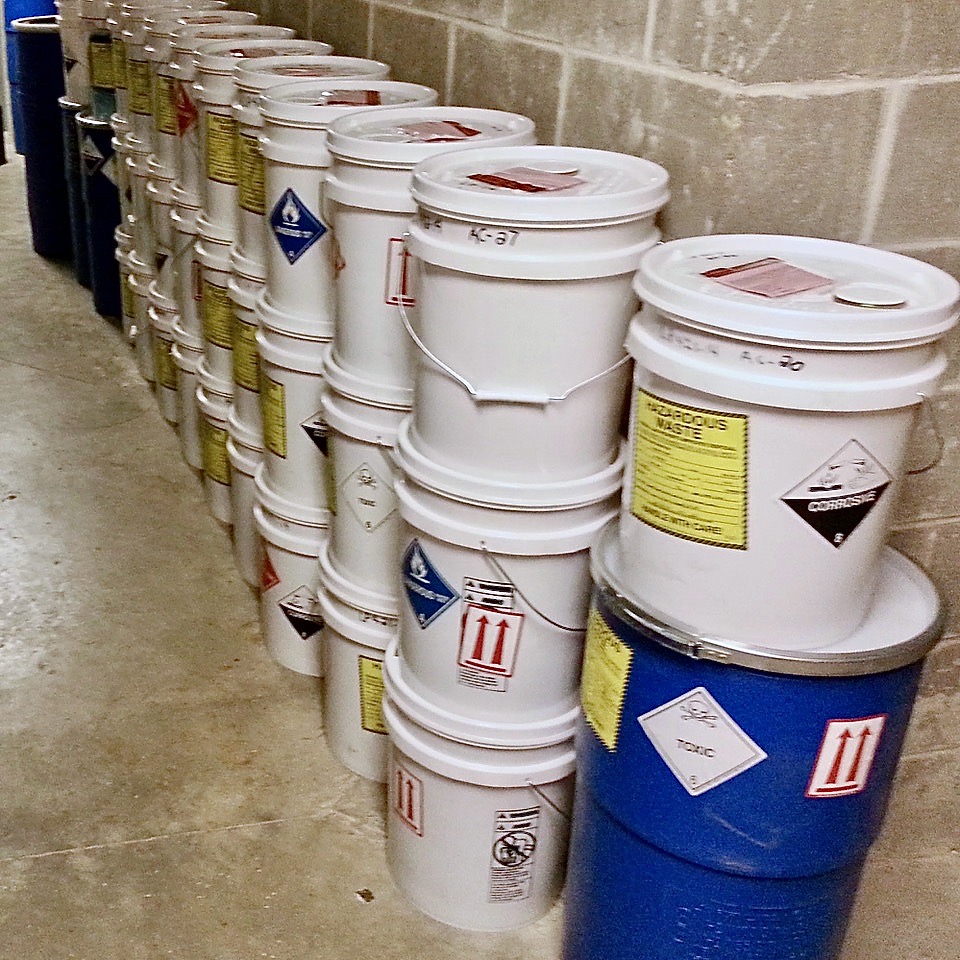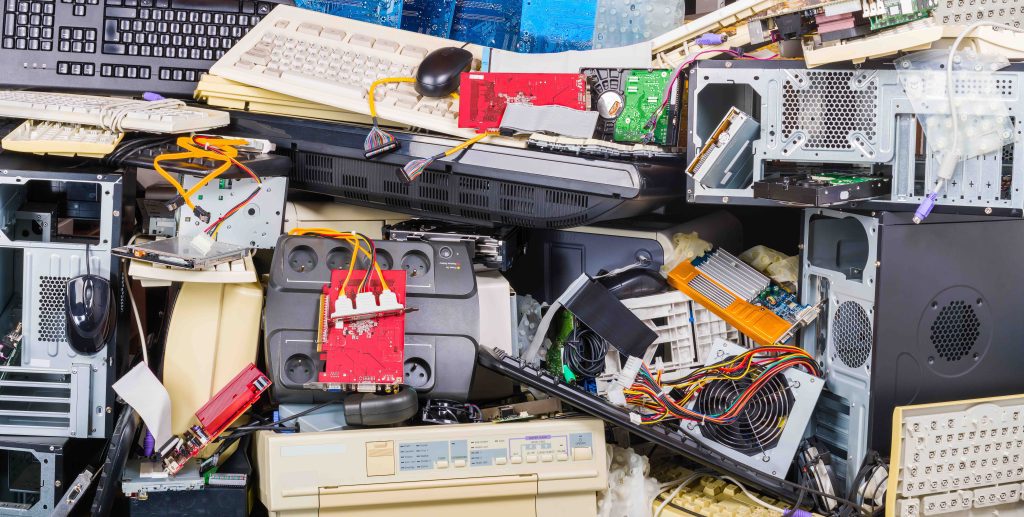CHEMICAL RECYCLING

Chemical Recycling – Let Us Manage Your Chemical Waste.
Chemical recycling involves reprocessing or reusing substances to reduce waste, conserve resources, and minimize environmental impact. Various chemicals can be recycled through different processes, depending on their properties and uses. Here are some examples of waste that HazChem can pick up for chemical recycling:
1. Recycle Solvents
-
- Types: Acetone, methanol, ethanol, isopropanol, toluene, xylene.
- Recycling Process: Solvent recycling involves distillation, where the solvent is heated to separate it from impurities and then condensed back into a liquid form. This purified solvent can be reused in industrial applications.
2. Metals
-
- Types: Mercury, lead, cadmium, chromium, and other metal-containing compounds.
- Recycling Process: Metals can be recovered from chemical waste through processes such as precipitation, electrolysis, or chemical extraction. For example, mercury can be reclaimed from used fluorescent bulbs.
3. Acids and Bases Recycling
-
- Types: Sulfuric acid, hydrochloric acid, nitric acid, sodium hydroxide, potassium hydroxide.
- Recycling Process: Acids and bases can be neutralized to form salts and water, or they can be concentrated and purified through distillation or other chemical processes for reuse.
4. Recycle Antifreeze
-
- Types: Ethylene glycol, propylene glycol.
- Recycling Process: Used antifreeze is typically filtered to remove contaminants and then distilled to recover the glycol for reuse in automotive and industrial applications.
5. Oils and Lubricants can be Recycled
-
- Types: Motor oil, hydraulic oil, transmission fluid, industrial lubricants.
- Recycling Process: Oil recycling involves removing contaminants such as dirt, water, and metal particles through processes like filtration, centrifugation, and vacuum distillation. The purified oil can be used again as a lubricant or fuel.
6. Recycle Plastics and Polymers
-
- Types: Polyethylene, polypropylene, polystyrene, polyvinyl chloride (PVC).
- Recycling Process: Chemical recycling of plastics involves breaking down polymer chains into monomers or other valuable chemicals through processes such as pyrolysis, depolymerization, and solvolysis. These monomers can then be repolymerized to produce new plastics.
7. Batteries Recycling
-
- Types: Lithium-ion, lead-acid, nickel-cadmium, nickel-metal hydride.
- Recycling Process: Batteries can be recycled to recover metals and other materials. For example, lead-acid batteries are dismantled, and the lead, plastic, and acid are separated and processed for reuse.
8. Electronic Waste (E-Waste) Recycler
-
- Types: Printed circuit boards, components containing valuable metals (gold, silver, palladium, copper).
- Recycling Process: E-waste recycling involves shredding and separation processes to recover valuable metals and other materials. Chemical leaching or electrochemical processes can extract metals from the shredded material.
9. Photographic Chemicals Recycling
-
- Types: Silver halide-containing solutions from photographic film development.
- Recycling Process: Silver recovery from photographic chemicals is achieved through processes like metallic replacement, where silver is precipitated out and collected.
10. Recycle Pharmaceutical Waste
-
- Types: Expired or unused medications, chemical reagents from pharmaceutical production.
- Recycling Process: Some pharmaceutical chemicals can be recycled through chemical neutralization, incineration with energy recovery, or purification processes to reclaim active ingredients.
Environmental and Safety Considerations
- Regulations: Proper handling, storage, and transportation of chemical waste are essential to ensure safety and compliance with environmental regulations.
- Sustainable Practices: Implementing sustainable practices in chemical recycling helps reduce the environmental footprint and promotes the conservation of natural resources.
- Innovations: Advances in recycling technologies and processes continue to improve the efficiency and feasibility of recycling various chemicals.
Conclusion
Chemical recycling can significantly reduce environmental impact and conserve resources. By employing appropriate recycling processes, many types of chemicals, including solvents, metals, acids, bases, oils, plastics, batteries, e-waste, photographic chemicals, and pharmaceuticals, can be effectively reclaimed and reused. Call HazChem to schedule a pickup for your industrial chemical recycling.

Industries We Serve for Industrial Chemical Recycling:
Pharmaceutical Industry
- Solvents, active pharmaceutical ingredients (APIs), and by-products from chemical synthesis.
Automotive Industry
- Used motor oil, antifreeze, solvents, paints, and batteries.
Electronics Industry
- E-waste (printed circuit boards, components), solvents used in manufacturing.
Chemical Manufacturing
- Solvents, acids, bases, and various chemical intermediates.
Metal Finishing and Plating
- Heavy metals (chromium, cadmium, nickel), acids, and alkalis.
Printing and Photographic Industry
- Silver halide solutions, inks, solvents.
Paints and Coatings
- Solvents, pigments, and resins.
Agriculture
- Pesticides, herbicides, fertilizers, and packaging materials.
Our Team is always ready to deploy, 24 hours a day, 365 days per year, rain or shine, including holidays. We do not rely on automated answering systems for our main phone line (630) 458-1910. Instead, we guarantee that a live person will answer your call, regardless of whether it is a weekend, holiday, or any other day.
Combining Recycling Services with other industrial waste disposal is more efficient. Learn about our other Industrial Recycling, Cardboard Recycling, Commercial Plastic Recycling, Hazardous Waste Recycling, and View other HazChem Services.

Compliant. Responsive. Safe.
Call 630-458-1910 for immediate assistance. Open 24/7/365
For a FREE, no-obligation quote, click the button below
